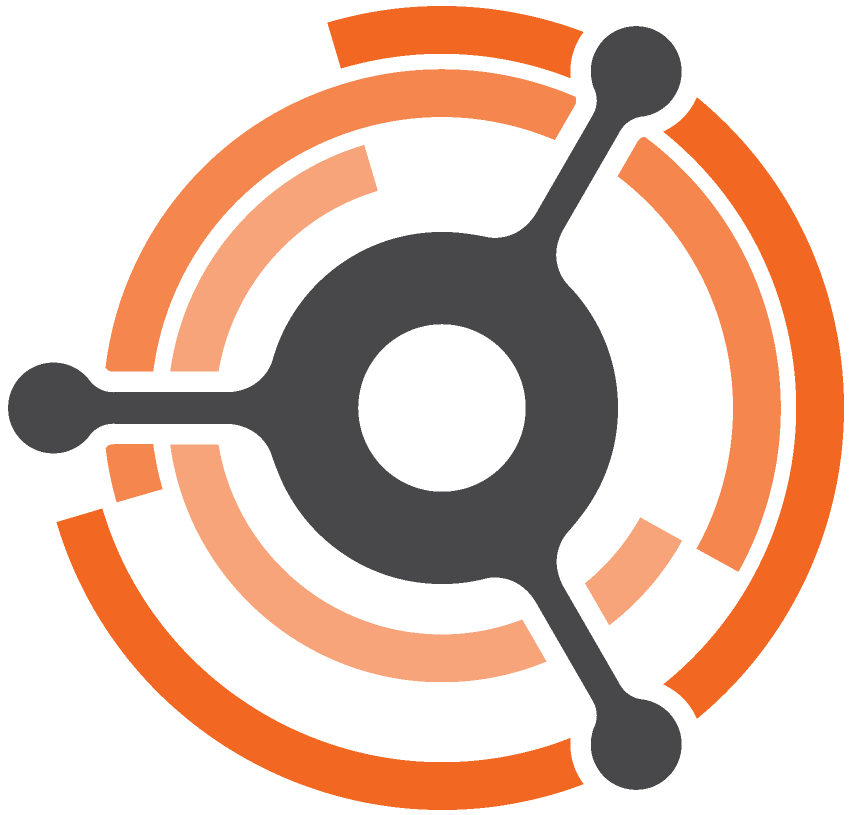
George Candea
Associate Professor of Computer Science
EPFL - IC - DSLAB
Room INN-330, Station 14
1015 Lausanne, Switzerland
george.candea@epfl.ch
Bio
George Candea heads the Dependable Systems Lab, where he conducts research on the fundamentals and practice of achieving reliability, security, and predictable performance in complex software systems. His main focus is on what happens in real-world systems at scale, because going from a small program to a large system introduces fundamental challenges that cannot be addressed with classic techniques.
In the recent past, George was also CEO and then Chief Scientist of Cyberhaven, a cybersecurity company he co-founded with four of his PhD students in 2016. Previously, George was CTO and later Chief Scientist of Aster Data Systems (now Teradata Vantage), a big-data company he co-founded in 2005 with two Stanford colleagues. Prior to that, he held positions at Oracle, Microsoft Research, and IBM Research.
George is a recipient of the Mark Weiser Award (2025), the first Eurosys Jochen Liedtke Young Researcher Award (2014), the M.I.T. TR35 Young Innovators award (2005), and several Best Paper awards. He received an ERC Grant in 2011. He has a PhD (2005) in computer science from Stanford and a B.S. (1997) and M.Eng. (1998) in electrical engineering and computer science from MIT.
Publications
See DSLAB’s publications page
Teaching
See DSLAB’s teaching page
Service
- Program committee (co)chair: EuroSys 2019, HotOS 2015, DSN (DCCS) 2013
- Program committee member: SOSP (multiple years), OSDI (multiple years), ASPLOS (2010), EUROSYS (multiple years), USENIX (multiple years), CIDR (2013), SOCC (2012), DSN (multiple years), HotOS (multiple years).
- Vice-chair of ACM SIGOPS (2011-2015)
- Eurosys Jochen Liedtke Young Researcher Award: committee chair (2019), committee member (2018)
- EPFL Innovation Council (2017-2021)
- EPFL Innogrant committee (2018-2022)
- School of Computer & Communication Sciences
- Faculty Search Committee
- Chair/Co-chair (2018-2023)
- Member (2017-2018, 2014, 2013)
- PhD Program Committee EDIC member (2017-2020)
- IC Research Day co-chair (2018)
- Faculty Search Committee
Miscellaneous
The following are outdated, but perhaps still useful:
- How to write a research statement when applying to graduate school [html]
- How to write a reference letter supporting a candidate [html]
- FAQ about our PhD program [html]
- Switzerland has a high intellectual density:
- #1 worldwide in WEF’s Global Competitiveness Index for several years in a row
- #1 worldwide in the Global Innovation Index for several years in a row
- #1 worldwide in INSEAD’s Global Talent Competitiveness Index (i.e., ability to attract and incubate talent)
- #1 worldwide in Nobel prizes per capita
- #1 worldwide in patents per capita
- Some notes on what makes Switzerland special [html]
- What gets people excited about Switzerland
- Lausanne area: 127,821 residents (as of 2010-2011) of which 40% foreign nationals (more info)
